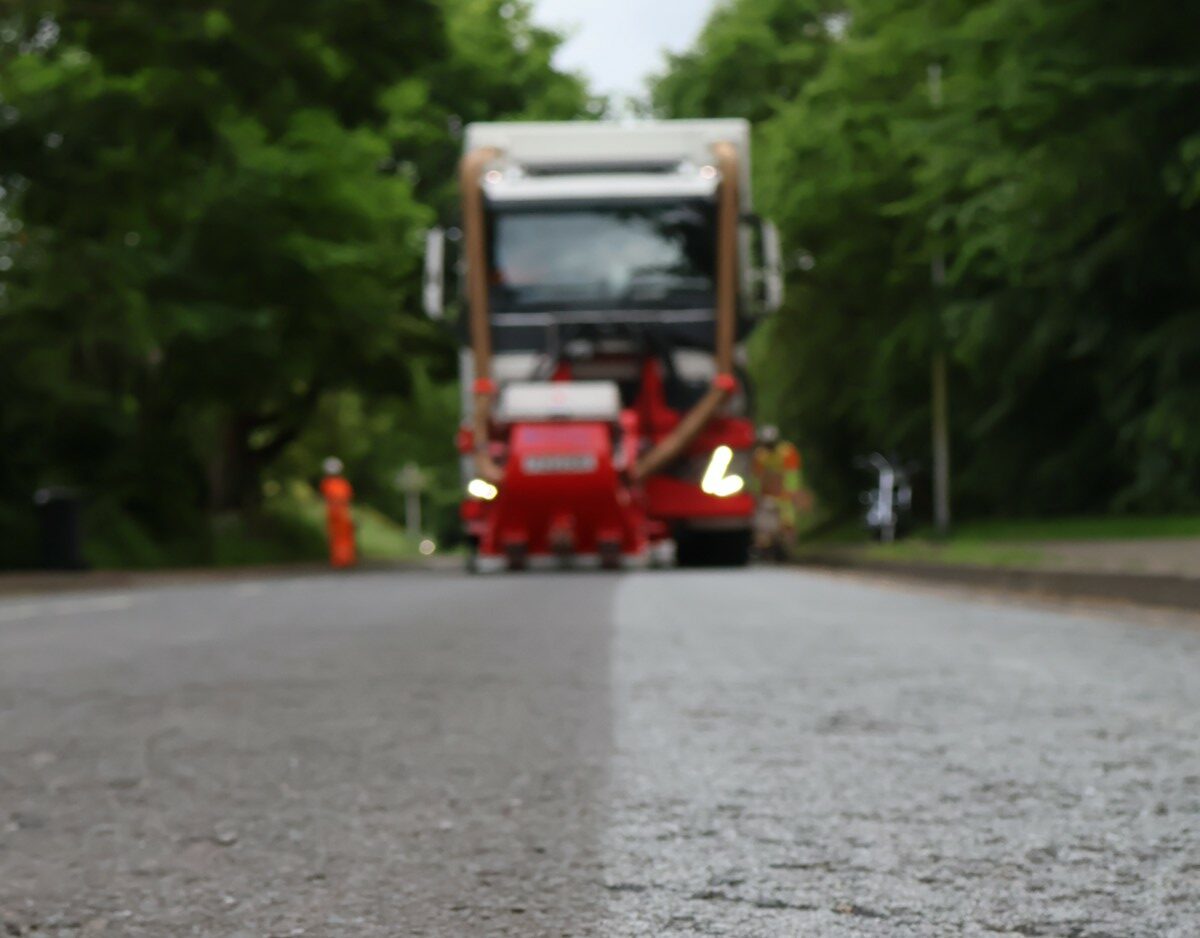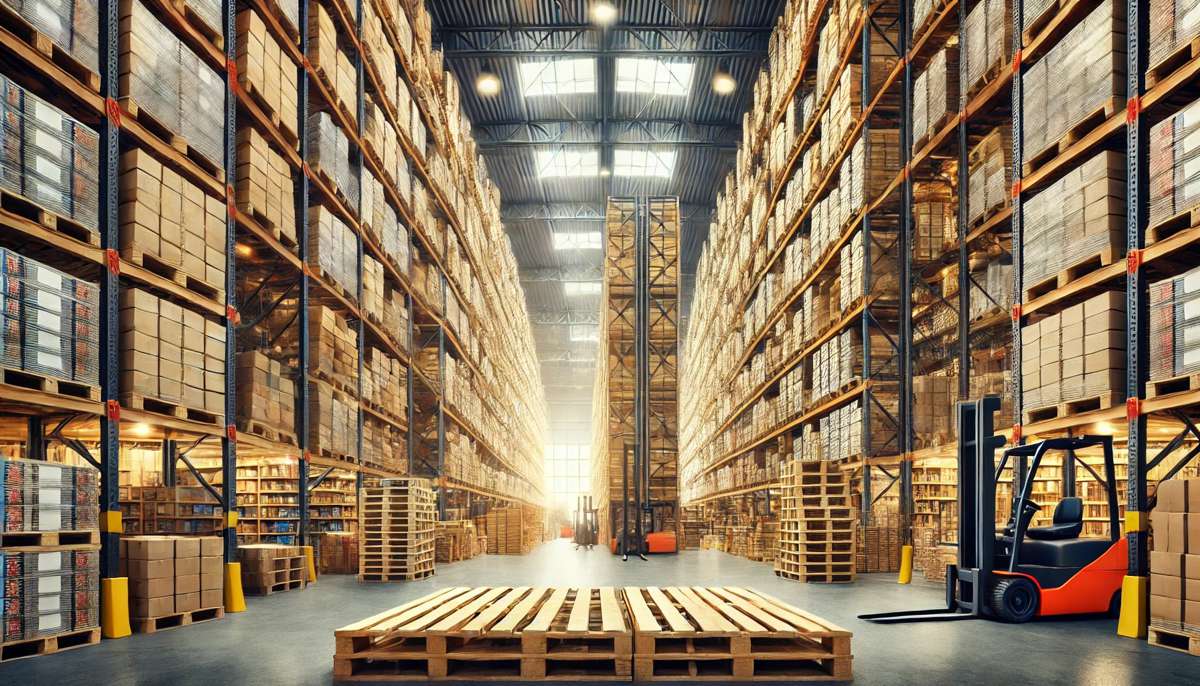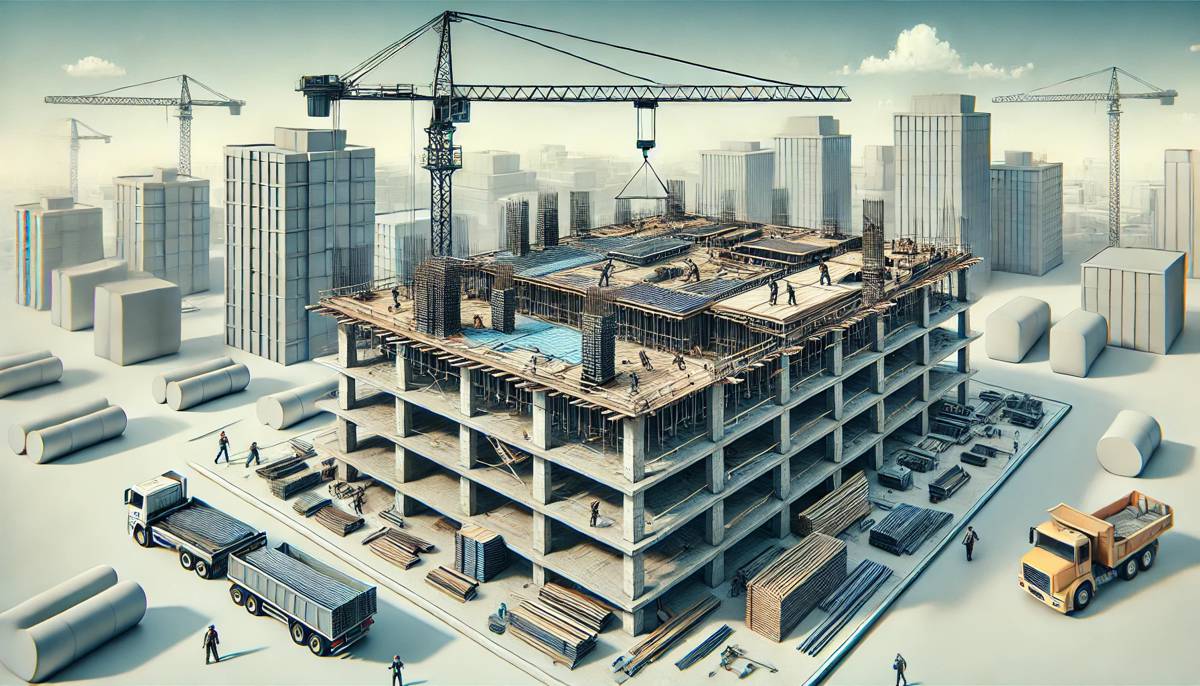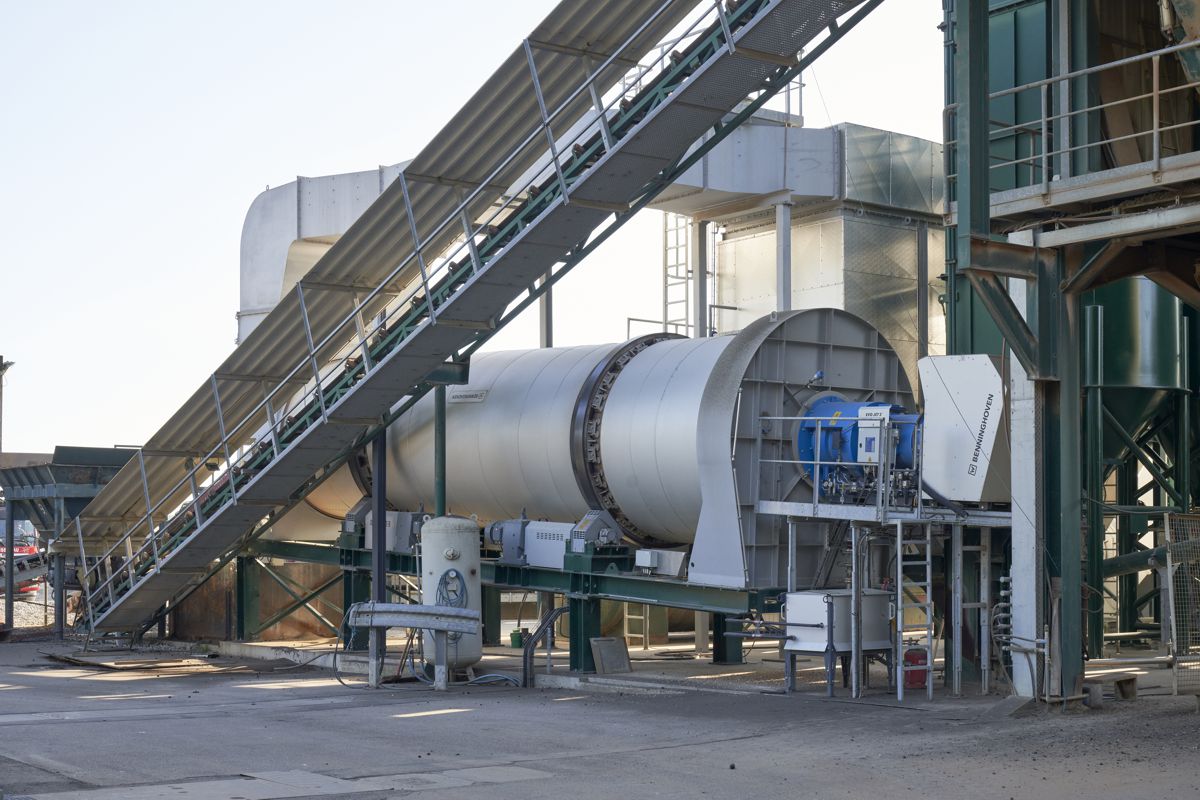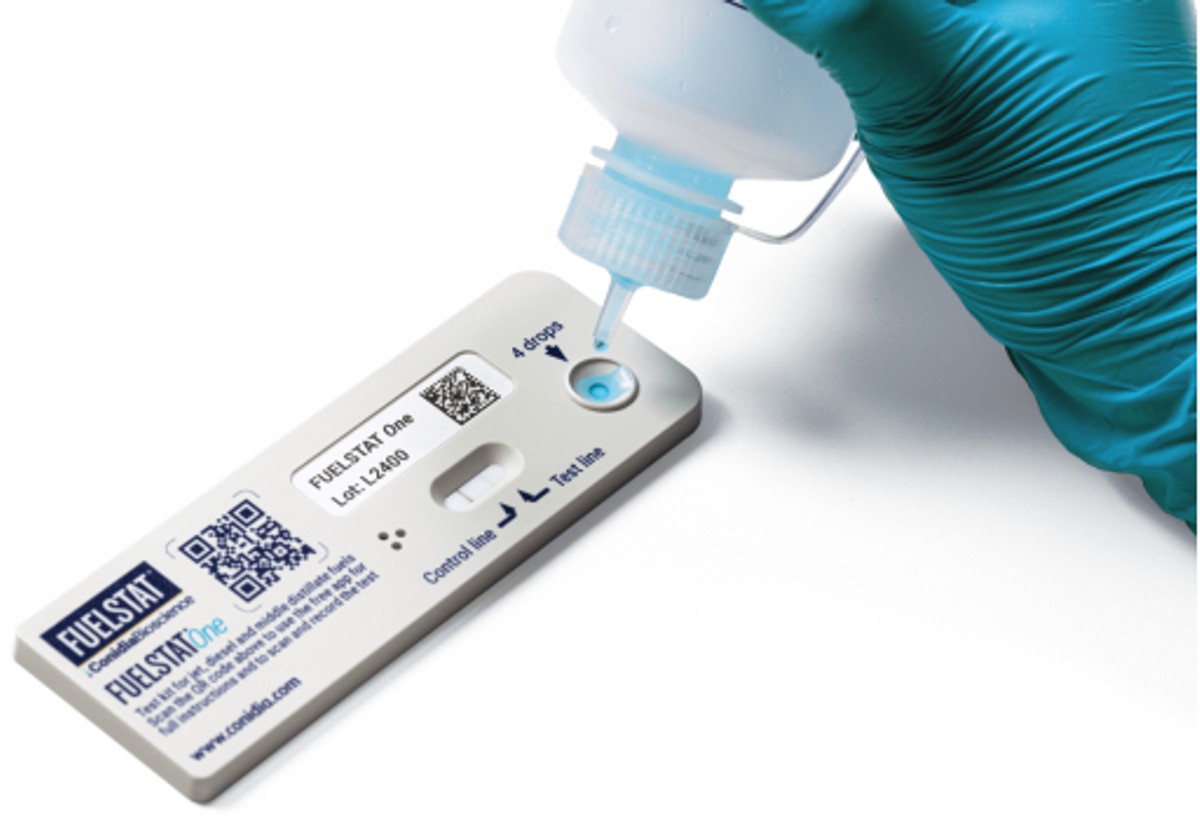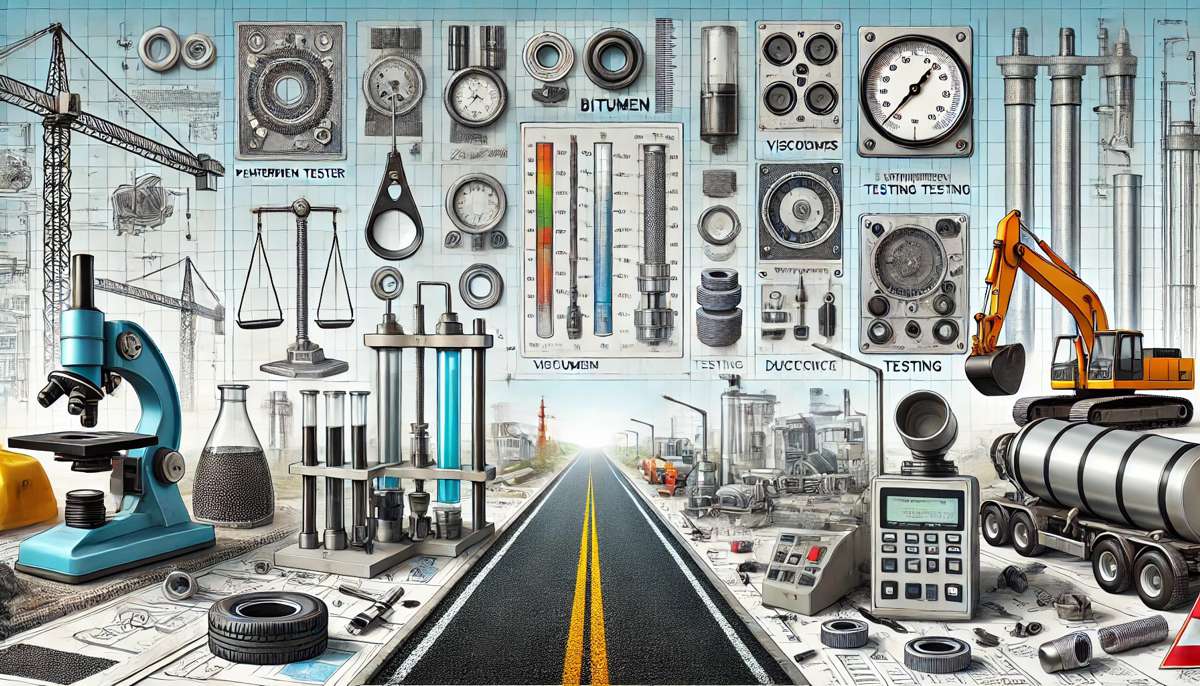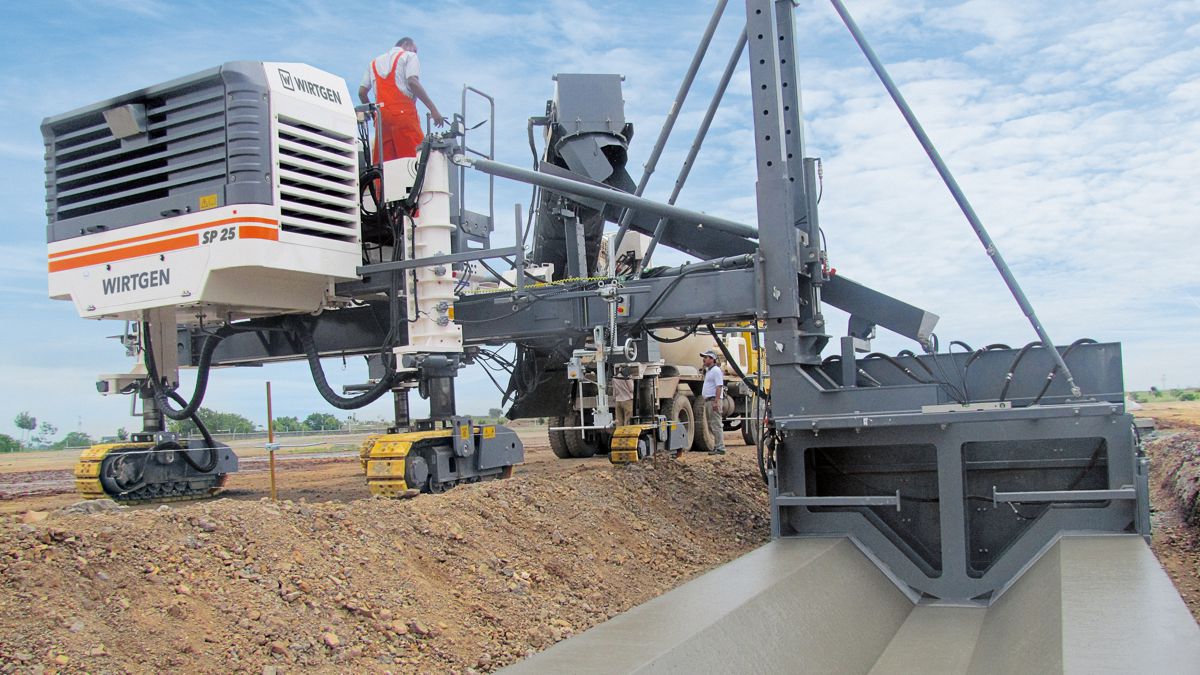Cutting deaths and serious injury in highways construction with waste by-products
Lung cancer and serious musculoskeletal injuries are still prevalent in the highways construction industry. But there is a solution to that could mitigate the risks, if not eradicate them altogether using waste by-products.
Highways construction naturally comes with risks, owing to the sheer scale of physical labour and materials required to build them. But we now have the technology to mitigate those dangers to a huge extent. Let’s take two of the biggest issues facing the industry – occupational lung disease and musculoskeletal disorders.
Air quality is already a hot topic, but the focus is only really on traffic pollution and rarely does the very real risk from respirable crystalline silica (RCS) dust – one of the industry’s biggest killers – make headlines.
Silica is a natural product commonly found in concrete and bricks and when these materials are cut, it creates extremely fine dust which can reach deep inside the lungs. Significant exposure to RCS can cause many serious and sometimes fatal illnesses such as silicosis and lung cancer.
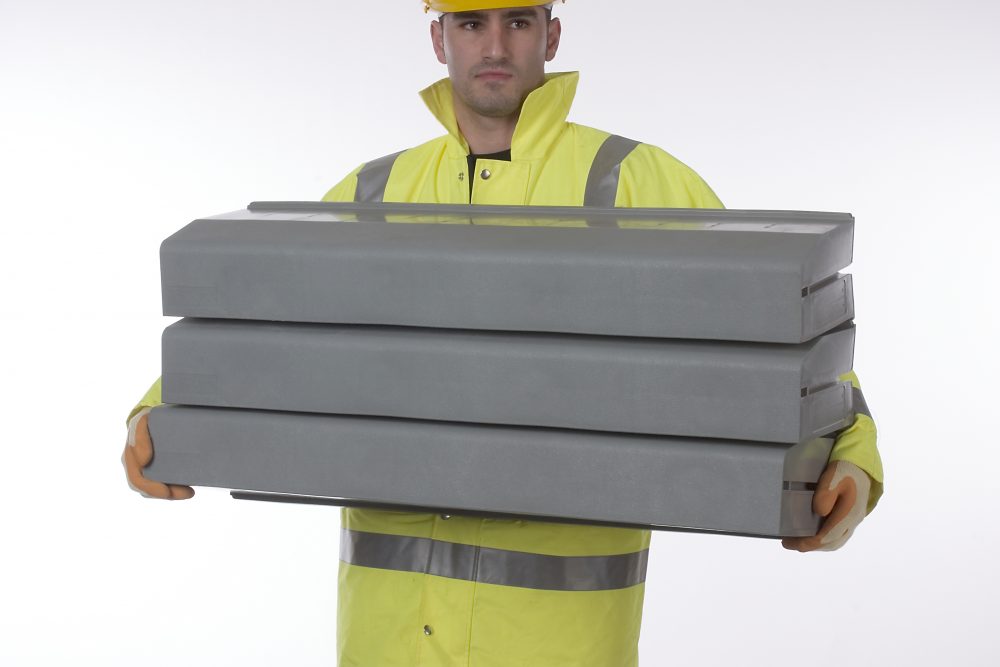
The content of concrete is approximately 25-70% crystalline silica, meaning that the installation of traditional concrete kerbs using heavy cutting tools usually generates high levels of RCS dust. And in fact, the Health & Safety Executive’s (HSE) cancer burden study estimates that 600 people die each year from lung cancer associated with exposure to RCS, with 450 of these occurring from exposures in the construction sector.
At the same time, regular lifting and carrying of heavy loads are a common cause of musculoskeletal problems in construction workers with the HSE reporting an average of 2,310 workers per 100,000 in the UK building industry suffered work-related musculoskeletal disorders between 2015-2018.
How can these risks be widely acceptable when there is already a solution that protects highways construction workers from risk of death and lifelong injury?
Durakerb – and related products, Duradrain and Durachannel – can be installed in line with HSE guidelines, cut with a hand saw and installed manually, effectively eliminating the associated risks from RCS dust.
Further to this, each unit of Durakerb is made from the equivalent of 182 recycled plastic bottles and weighs just 6kgs – some 90% lighter than a traditional concrete unit. These light-weight kerbs do not require strict assessment during installation, heavy lifting equipment or the close supervision needed for power tool use when concrete is being cut to the correct size and manually handled.

These benefits add up to a working time reduction of up to 75%, not to mention the significant saving that are seen from the reduction in the number of injuries and lost working days.
We are already working with dozens of councils around the country such as Cumbria County Council, Aberdeenshire County Council, Hampshire County Council and Ayrshire Alliance, to help reduce deaths from RCS and injuries caused by working with heavy materials. But we want to do more.
Durakerb has long been recognised for its safety benefits – in 2008 it was awarded the Institution of Highways & Transportation Health & Safety at Work Award – now it’s time for more construction project to embrace safer practices.
Durakerb is part of the Econpro Group, a specialist group of companies that transform waste and by-products into sustainable products and solutions. Durakerb manufactures lightweight recycled products and systems that provide for a safer, greener, faster and easier solution to kerbing, and kerbside/surface drainage.




